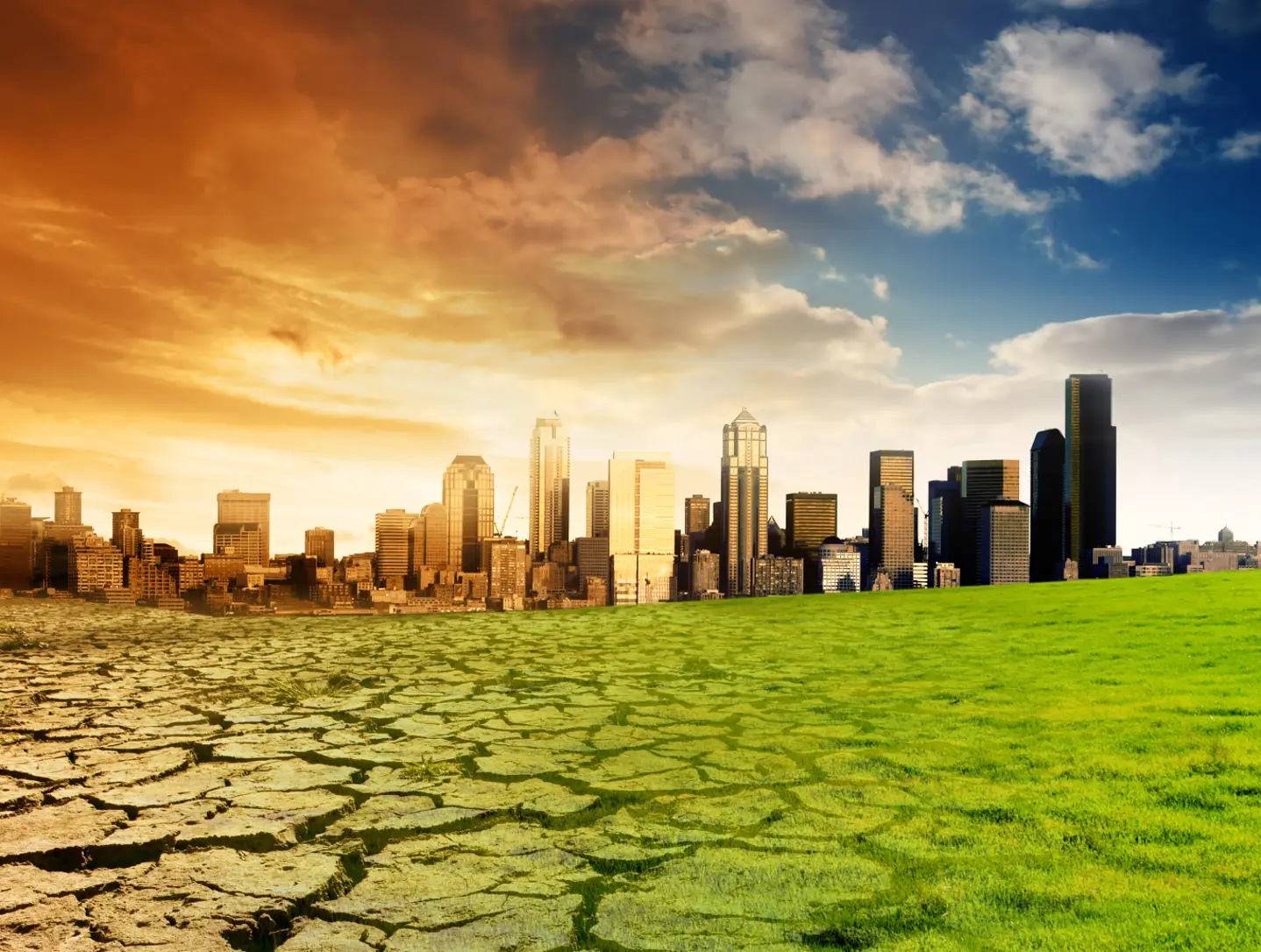A Brazilian in DC: Opportunities in the U.S. Capital as an International Student
For second-year Master of Public Policy students at the Harvard Kennedy School (HKS), the spring semester comes with high expectations and internal pressure; it is the time to look for a job post-graduation. Thus, I decided to go on the CEEPIC (Climate, Energy, and Environment Professional Interest Council) trip to Washington DC for three main reasons:
- Networking and learning about job opportunities in the climate field in DC;
- Getting to know other HKS students passionate about climate and energy;
- Seeing DC and getting to know the city for the very first time!
As an international student at a School of Government in the U.S., I have gotten used to hearing that many of my classmates would move to DC after graduation, for jobs at the Department of Energy, and the Department of State, among other national government offices and institutions. Naturally, I have always associated the city with the White House, the U.S. Capitol, and with U.S. leadership more generally, but little did I know -- there is powerful regional and global work taking place there.
We visited several United States government institutions during the trip, which helped me better understand the way the country operates regarding its climate policies, however, I was happy to learn about how much focus think tanks and institutions all over DC included a strong lens and focus on Latin America, my region.
In reflecting on whether to explore job opportunities in the United States and leverage the work authorization that international students get with their visa, or return to my home country immediately after HKS, I have struggled to decide which path to follow.
I love my country, and I want to ensure that the unique opportunity of studying Public Policy at Harvard is paid forward by applying my learnings to the Brazilian context, but why not get more work experience through international organizations with U.S. Headquarters? The World Bank and the International Finance Corporation, both of which the group visited, certainly fit the profile of international institutions that foreign students like myself, especially those passionate about sustainability and climate justice, seek after graduation.
The truth is that there is no model of the best career path or the perfect job progression that will lead us to the exact position we want to get to, or to the precise impact we want to have when it comes to solving the climate crisis. The challenge is too big, and we need people supporting climate action on all fronts. Ultimately, all that students in the climate and energy space want is to provide their support for a greener and just future for everyone, but how that is done can look very different depending on the area, the organization, or the person.
For me, DC was a unique chance to see beyond the usual US-focused opportunities and understand that international students can too make an impact by working in the capital of the United States -- domestically, regionally, and globally.
Author: Renata Koch Alvarenga, https://www.linkedin.com/in/renatakochalvarenga/

Climate change
The energy sector is
central of efforts to
combat climate change

Climate change
In a hotter world energy
efficiency is more
important than ever
